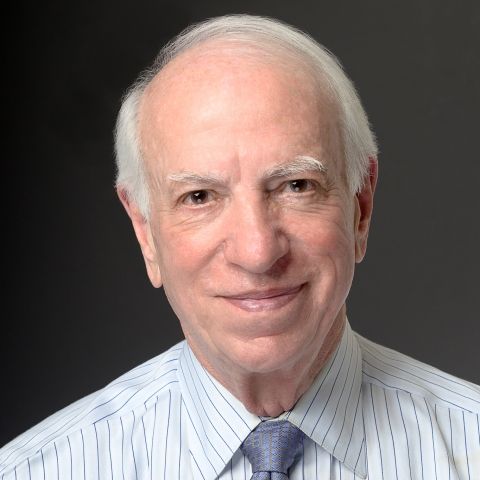
The Role of Mental Health Professionals in the Criminal Process: The Case for Informed Speculation
Participation by psychiatrists, psychologists, and other mental health professionals in the criminal process is currently the target of considerable criticism in the legal literature. Although the attack has focused mainly on the clinician's supposed inability to assess either an offender's dangerousness to society or his "amenability" to treatment and rehabilitation, the critics have also called into question the forensic expert's ability to diagnose mental dysfunction and to reconstruct its supposed effects on past behavior.
In some measure, this attack is incidental to more sweeping ideological challenges to prevailing conceptions of criminal responsibility and punishment. Many critics of the insanity defense assert that the law ought to be indifferent to most claims of abnormal psychological functioning; and critics of the utilitarian ideology of sentencing would abandon the ethic of individualization and link punishment primarily to the characteristics of the offending conduct. Obviously, if subjectivism and individualization were purged from the criminal law, there would be no place for mental health professionals in the courtroom.
Much of the critical commentary, however, is focused more specifically on the clinical methodology of the mental health professions. Some critics take the position that even if differences among offenders in psychological functioning were to remain legally significant, the mental health professional should not be permitted to offer opinions as an expert witness. The essence of the claim is that reconstructive and predictive issues can be decided by laymen on the basis of common experience, and that the "expert" has so little "knowledge" reaching beyond everyday experience that his participation in the adjudication is highly misleading and should be circumscribed severely.
This article gives our perspective-derived in large part from our experiences at the University of Virginia's Forensic Psychiatry Clinic, which has performed more than 250 multidisciplinary evaluations of criminal defendants since 1974 -on this controversy. Unlike the typical "court clinic," Virginia's Forensic Psychiatry Clinic operates as an independent agency, exercising complete control over case selection. Referrals, which come primarily from defense attorneys, are screened by the Clinic staffs to determine whether the evaluation will be pedagogically valuable for the law students, psychology and psychiatry residents, and community mental health professionals who participate in the evaluation. Each evaluation consists of an extensive background investigation, a social history, psychological testing and one or more psychiatric interviews observed by all staff and trainees." The Clinic's evaluation is shaped during several case conferences featuring active interchange between the clinicians and law-trained personnel.